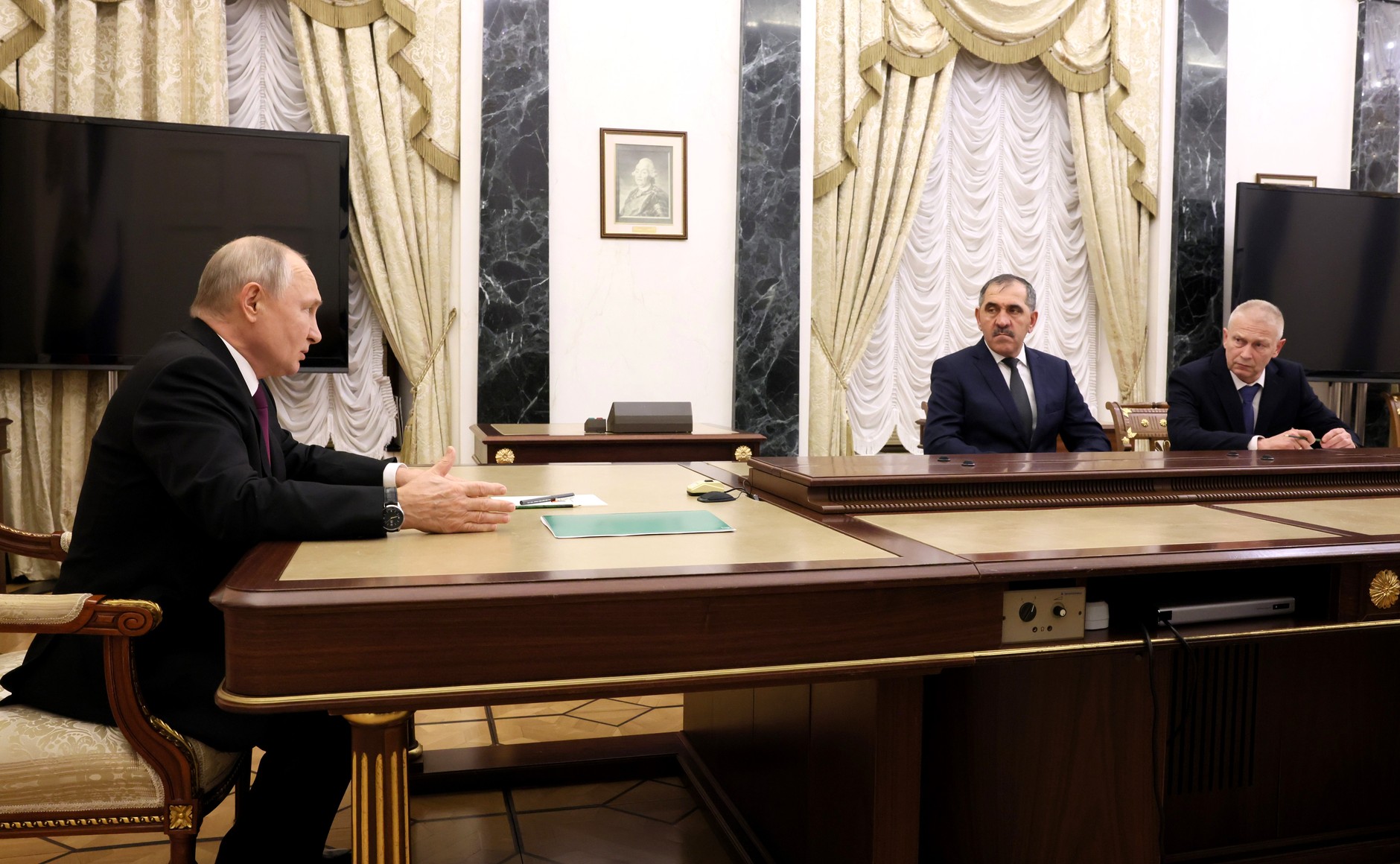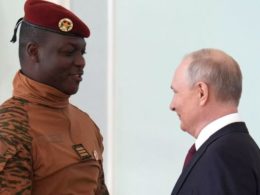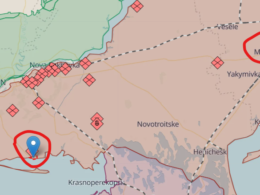On 5 October, during a press conference at the Valdai Discussion Club, "Putin offered a bizarre explanation for Wagner Group financier Yevgeny Prigozhin’s death to deflect blame from the Kremlin," the Institute for the Study of War reported.
As per Putin's speech, the Russian Investigative Committee found grenade fragments in the bodies of victims onboard Prigozhin’s plane, suggesting that grenades detonated inside the aircraft.
Putin also emphasized that the investigation ruled out external factors that may have caused the plane crash. Instead, the Russian investigation implied that the plane crash victims may have been using alcohol or drugs onboard, which could have led to the negligent handling of grenades. Putin said the investigation did not test the bodies for alcohol and narcotics. However, the Russian Federal Security Service (FSB) uncovered five kilograms of cocaine during their investigation into Wagner – referring to FSB’s televised raids into Prigozhin’s mansion in June and July 2023.
“Putin’s bizarre explanation of the plane crash is likely an attempt to blame Prigozhin for his own and his comrades’ deaths and further disgrace him among his remaining supporters,” ISW concluded in its daily report.
On 23 August 2023, Prigozhin died in an aviation accident. US President Joe Biden has suggested that Russian President Vladimir Putin may have been behind a plane crash near Moscow. Later in August, Russia rejected the Brazilian request to investigate the Prigozhin plane crash.
According to the US-based think tank, Institute for the Study of War (ISW), at the press conference, Putin continued sharing the false Russian narrative that the West initiated the conflict in Ukraine in 2014 and claimed that NATO expansion threatens Russian security.
These are the common propaganda Russia uses to justify the invasion of Ukraine. ISW recently evaluated claims that Putin launched the full-scale invasion of Ukraine in 2022 because he feared NATO and instead assessed that Putin aimed to expand Russia’s power, eradicate Ukrainian statehood, and break up NATO – goals he still pursues.
Putin also claimed that Russia has successfully completed testing of the nuclear-power Burevestnik cruise missile and the Sarmat intercontinental ballistic missile (ICBM). Putin spoke about the Russian doctrinal uses of nuclear weapons in either a retaliatory strike or in response to an existential threat to Russia.
ISW has previously assessed that the Kremlin uses nuclear rhetoric to prompt the United States and its allies to pressure Ukraine to negotiate and that Russian nuclear use in Ukraine remains unlikely.
Other key takeaways from the report:
- Ukrainian forces continued offensive operations near Bakhmut and in western Zaporizhzhia Oblast and reportedly advanced on 5 October.
- The Russian military may have redeployed elements of the 41st Combined Arms Army (CAA) and elements of the 810th Naval Infantry Brigade to the Kherson direction.
- Russian Defense Minister Sergei Shoigu indicated that the Russian Ministry of Defense (MoD) may establish training regiments that can also serve as in extremis operational or strategic reserves, although this is a low-confidence assessment.
- Russian occupation officials continue to advertise programs for the forcible removal and deportation of Ukrainian children.
Read also:
- Report: Western media underestimate Russian propaganda’s effectiveness
- Frontline report: Russia relocates Black Sea Fleet as Ukrainian threat looms
- Russo-Ukrainian war, day 589: 51 killed in Russian strike on grocery in Kharkiv Oblast
- Russia attacks Kharkiv, damaging residential building, killing one
- ISW: Ukrainian forces continued offensive operations near Bakhmut and Novoprokopivka




